 |
|  | | FairPlanet's weekly recap |
|  |
|  | This week saw the re-election of Israeli Prime Minister Benyamin Netanyahu in a major blow to hopefuls of peace in the Mediterranean terrain across the world. Western sanctions on Russia are seriously harming the economy, but not denting the population's thirst for literature. And Chicago just elected its first ever black female mayor. That's right, you're back with FairPlanet's weekly roundup, where we bring you a little taster of the week that's passed, stories from around the world, a good fact, and a bad fact. We're here to inspire action, and always, always, keep hope close. Read, Debate: Engage. |  |
| |  | The right to sanitary products and the elimination of period poverty gaining traction Every single day, more than 800 million women menstruate across the world. Period poverty, which is the inability to access sanitary products and the effects this has on women's lives – such as missed school or work days – is a major issue across the world. Yet as gender equality gains traction, the basic human right of access to sanitary products is equally becoming recognised. Just last year, Ireland passed a bill that sees free sanitary products given out to all citizens, and the U.K. recently introduced legislation that will secure secondary school girls with free products. This is a positive step forward, yet we need all governments to follow suit in order for true equality to take place. |  |
| | |  | LGBTQ lives under serious risk and humanitarian crisis Last week Brunei invoked a new set of laws authorising the government to stone to death any person convicted of engaging in homosexual sex or adultery. In response, activists across the world have been protesting on the streets and at businesses with close ties to Brunei – such as the Dorchester hotel in London. At the same time, Virgin Airlines discontinued its flights into the South Asian Sultanate, and other corporations have followed suit. However, this is not enough. The violation of human rights affects us all – even if this is indirect. We need the world's governments to come together and challenge this violation of human rights, and not cease until this new draconian law is revoked. |  |
|  | 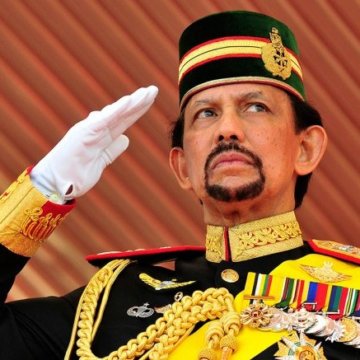 | Brunei introduces inhumane stoning laws against its LGBTQ citizens by Yair Oded The kingdom of Brunei will begin to stone to death anyone convicted of homosexuality or adultery. The international community must protest now. |
|  |
| |  | 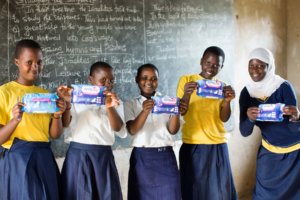 | South African government on a test drive for sanitary pads by Shasha Seakamela In many poor communities, sanitary pads, if available, are very low down on the list of necessities. After many years of promises, the South African government has recently kick-started three pilot projects of issuing sanitary pads to girls in the Eastern Cape, Mpumalanga and Kwa-Zulu Natal. |  | 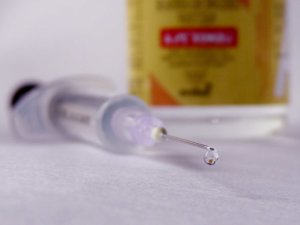 | Fake medical records to avoid vaccination by Katarina Panić One baby died of measles in Bosnia and Herzegovina this month, another one is in hard condition. The epidemic is announced. Immunisation is not only free but mandatory. Yet, some parents find ways to avoid both vaccination and paying fines. |  | 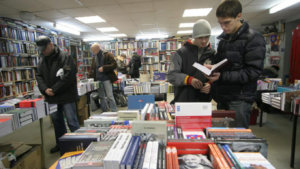 | Why Russians are willing to save on everything but reading by Igor Serebryany Russians face drastic consequences of the Western sanctions imposed for Moscow’s alleged support of separatists in Eastern Ukraine. |
|  |
|  | | Stories from our partners |
|  |
|  | 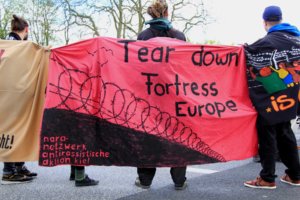 | How a Visa for Asylum Seekers Could Grant Safe Passage to Europe The move to consider an E.U.-wide humanitarian visa is a chance for member states to take action on a long-debated concept, and to show global leadership with life-saving consequences for people in need of protection, writes researcher Claire Higgins. |  | 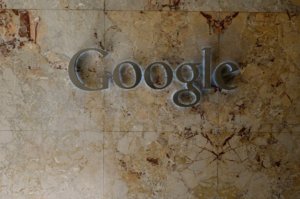 | Project Dragonfly is making Google’s employees question the moral values of the company by Sofia Gallarate “Anybody who does business in China compromises some of their core values. Every single company, because the laws in China are quite a bit different than they are in our own country”, said John Hennessy, the chair of Google’s parent company Alphabet Inc., when asked about Project Dragonfly, a formerly secret Google plan for a censored Chinese search engine and the dubious morals behind it. |
|  |
| |  | South Africa Situated at the very tip of Africa, South Africa has the continent's largest and most developed economies. The country's moniker is the 'rainbow nation' because of its ethnically diverse population – a cause for celebration today which carries a darker past within it. Until 1994, the year Nelson Mandela was elected President in the country's first democratic elections, South Africa was ruled under a white minority government which enforced an apartheid policy, advocating for complete race segregation. With a population of 55.5 million citizens, South African has 11 languages officially spoken across the country, including English, Afrikaans, Sesotho, Setswana, Xhosa, and Zulu. While the economy, culture, and science are on the rise, South Africa's people are struggling with severe economic inequality and experiencing the extremes of climate change, with high impacting droughts and serious water shortages as a result. South Africa's rich wildlife is also facing severe problems due to poaching syndicates, fueled by poverty. These issues constitute ongoing major challenges in need of innovation and strong governance in the years to come. |  |
| |  | Shasha Seakamela Shasha Seakamela is a South African artist, photographer and author. After obtaining degrees in Political Studies and Development Studies from The University of the Western Cape, he worked with various non-governmental organisations including The Institute for Justice and Reconciliation, Doctors Without Borders and Children’s Radio Foundation. He has participated in the development of Human Rights documentaries used to mobilise and educate audiences in university and community settings. He continues to work as a freelance journalist for magazines and newspapers in South Africa, Germany and Norway. He is the founder of the Rural in the Citi Publishing and Art Movement which advocates for rural artists and promotes indigenous languages. He is the author and publisher of seven children titles. More of his work can be found on www.ruralintheciti.org |  |
|
|
|